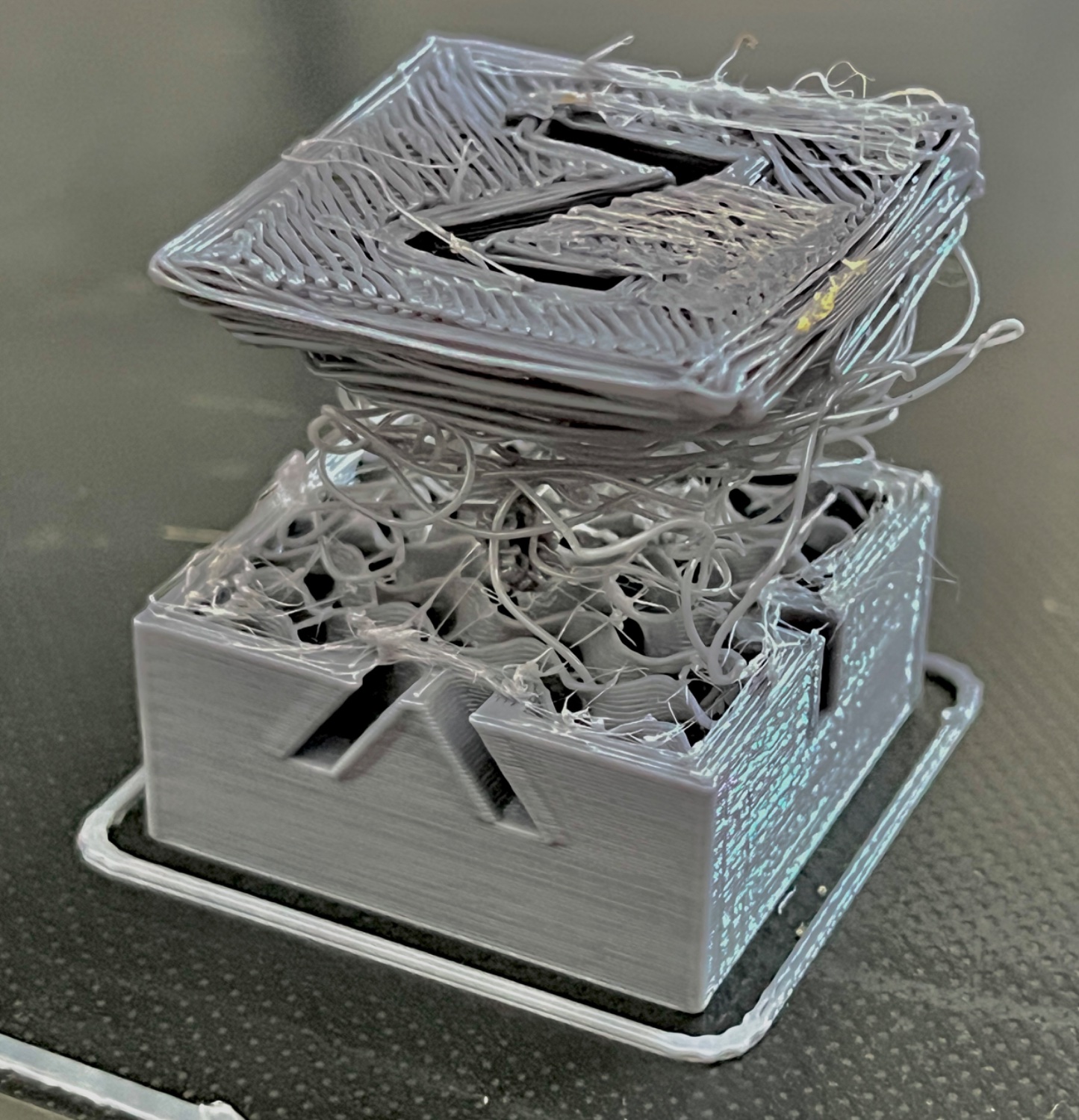I am dissapointed in my peers.
For years I have always been told to stay away from Apple devices and the company in general.
However, no one who said that actually used their devices, or used them but not recently (some had like iPhone 4s in the past).
Their knowledge was always based on some 3rd hand impressions or internet related peer pressure.
I am in the EU, and Apple devices aren’t as popular as in the US, mostly everyone uses an Android phone and a Windows machine.
That also led me using Android and Windows in my daily activities, for the last 15 years.
After many phones, starting with HTC Wildfire, i have continously been let down by my phone every 1 to 3 years after purchase.
First i was buying flagships, then mid-high, then back to non-pro flagship variants.
I was also trying diffenent brands; HTC, LG, Sony, Samsung, Xiaomi, Nokia, OnePlus.
When my last phone died, and i had to buy a new one, i had no idea what to get.
Everything seemed bad, i had them, they look the same, software looks the same, i was afraid of picking a “wrong” phone again. Every single one of them had some issue i couldn’t get over.
Either notification problems, bad battery life, slow performance on camera, issues with sharing stuff, fingerprint annoyances, restarts…
Mind you, not everything was on a single device. One had great battery life but i wouldn’t get messages sometimes, other was great but battery life was poor, and on most of them the camera was laggy or buggy.
1 year ago, maybe a bit more, it dawned on me that the only brand i haven’t used anything from is Apple, so i got a basic iPhone 13 to “check it out”, planning on using it for a week or two just to see what the fuss is about.
I was using my Android device as the main phone, and the iPhone as a second phone, I wasn’t ready for the jump.
After a week i found myself doing everything on the iPhone apart from voice calls, so then i finally took the SIM and retired my Android phone.
6 months later, my Windows laptop battery died and the repair would cost more than what the laptop is worth. So i decided to purchase a thin and portable laptop with intention to install Debian on it, as i was done with Win11 bugs and “features”.
After looking for 2-3 weeks, comparing different laptops, i was set on a HP 14inch laptop with a price tag of about €1300.
Then i remembered that i am still thinking with my peers in mind. They were enraged on how i “betrayed” them by switching to iPhone.
I decided to look up Mac laptops and found out that they are actually very similary priced as the one i wanted to buy.
I got out and purchased a M2 Air, basic configuration.
I had no idea about the iPhone-Mac compatibility and integrations. Found out about AirDrop and other features. I was in love with this new combo that, cliche, “just works”.
My “friends” literally went 180 on me just for the dumb reason of using one brand instead of the other. None of them has actually tried to use Apple hardware.
They were mocking me about being “locked in”, “fallen for their marketing”, and other stuff. “How do you like your iCloud subscription?”, things like that.
I have to tell you, i do not use any paid service from Apple.
I succesfully conected my Apple devices to my home server where i keep my files, photos, calendar and all the other applications on it.
I am not locked in, i feel like i have even more freedom because some services work better than on Android or Windows.
Syncing works flawlessly, something that was always janky on Android.
Sorry for the long post.
I guess what i am trying to ask is, why so much hate? Why can’t a person decide for themselves? Why is macOS/iOS looked down upon regarding connectivity with other devices and services when that’s clearly not the case?
Why do people that have no first hand experience so vocal and opposed to the brand?
Shouldn’t you at least try and then be the judge?

Alright, yeah, i tend to overthink stuff to the point of not actually doing the thing i wanted. Thanks for the push!